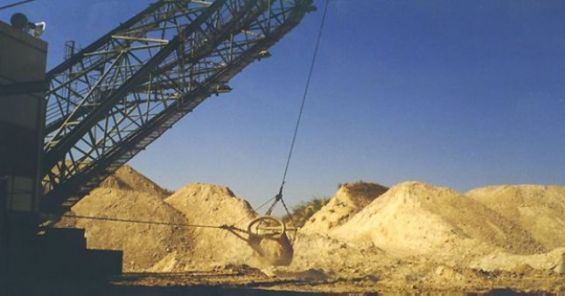On Tuesday, 18th of September, NGO Western Sahara Resource Watch (WSRW) hailed the decision made by Canadian company Nutrien in August. The latter will stop importing products from the Sahara. «The company that has imported 50% of phosphate in the recent years has announced that it will end its activities in Western Sahara», wrote WSRW, adding that «Nutrien had already stated that it would stop importing ore for its facilities in Canada in 2018».
«From now on, the number of companies currently importing Western Sahara ore will be reduced from four to three. The remaining firms are Paradip (India), Ballance Agri-Nutrients (New Zealand) and Ravensdown (New Zealand)», explained WSRW.
Underlying economic reasons
Although the Polisario front is trying to present the announcement made by the Canadian company as a political victory, WSRW implicitly acknowledges the fact that the decision was made due to economic reasons.
A source from the Canadian company, indeed, explained to Yabiladi the real reasons behind its announcement. «We will stop importing phosphate from Phosboucraa but it has nothing to do with the Western Sahara dispute», the same source said.
«The information is true but it has mostly to do with economic reasons. We will no longer be needing phosphate rocks for our plants, the one in the United States will be closed». On the other hand, the annual report of the Canadian company does not refer to imports from Western Sahara. «Nutrien has decided to close its small phosphate plant in Geismar, Louisiana, by the end of 2018 and will no longer need to import offshore phosphate rocks in 2019», explained the document. Moreover, Nutrien mentions «the rising costs of raw materials» and particularly phosphates.
Finally, last year Nutrien commissioned global law firm Norton Rose Fulbright for a study on the impact of its partnership with Phosboucraa on human rights. The study was made public last January and it indicated that «OCP's governance, policies and operations are consistent with the requirements of Agrium's Supplier Code and international standards». The firm confirms that «there is no negative impact on human rights related to the areas of activity of Phosboucraa», but these conclusions seem to have been ignored by WSRW.





 chargement...
chargement...













